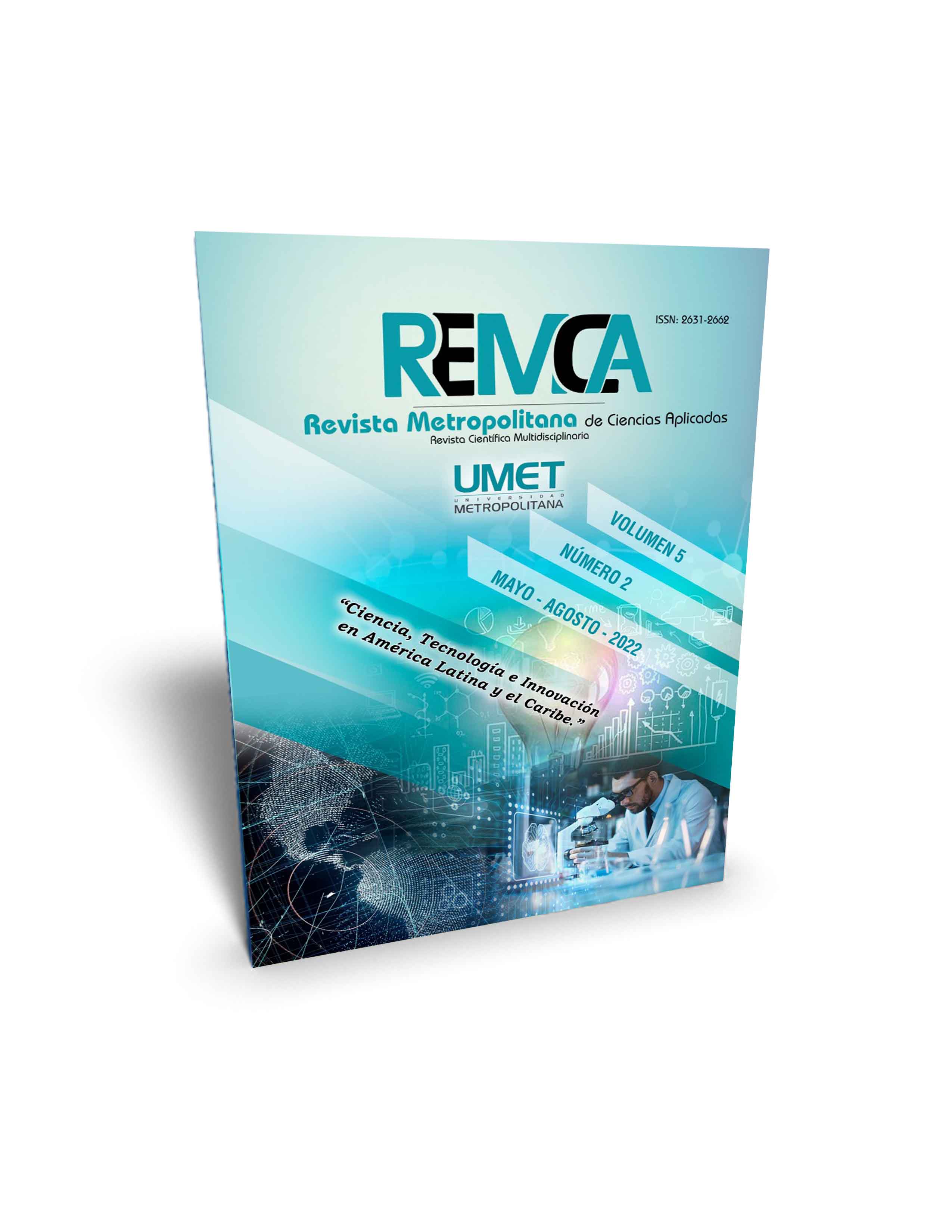Interactive proposal for the development of digital competences
DOI:
https://doi.org/10.62452/3mb4rk57Keywords:
Virtual learning, virtual environment, digital skills, interactive learning resourcesAbstract
The objective of this work is to show a set of technological resources to promote virtual learning as part of university professional training. Moving from face-to-face to virtuality in education is one of the most relevant controversies today. Despite the fact that virtual environments and technology applied to different branches of science and culture are already a reality, the pandemic has led education professionals to redefine their functions and modes of action. The conception of virtual learning environments implies a change of worldview and thought with respect to social, cultural, family and personal life. The improvement of university professional digital skills in teachers and students is proposed from the use of programs for the development of interactive learning resources.
Downloads
References
Alfonso, Y., & Juanes, B. (2020). Estrategia de implementación del aprendizaje en línea en el Centro de Formación en Docencia Universitaria. Revista Metropolitana de Ciencias Aplicadas, 3(2), 148-158 .
Iniciarte, M. (2008). Competencias docentes ante la virtualidad de la educación superior. Télématique, 7(2), 19-38.
Mejía, O. (2012). De la evaluación tradicional a una nueva evaluación basada en competencias. Revista Electrónica Educare, 16,(1),27-46.
Moreira, C., & Delgadillo, B. (2014). La virtualidad en los procesos educativos: reflexiones teóricas sobre su implementación. Tecnología en Marcha, 28,(1), 121-129.
OBS-Busines School. (2017). Competencias Digitales: Visión Estratégica. https://obsbusiness.school/es/blog-investigacion/social-media/competencias-digitales-vision-estrategica
Organización de las Naciones Unidas para la Educación, la Ciencia y la Cultura. (2015). Replantear la educación: ¿Hacia un bien común mundial? UNESCO. https://unesdoc.unesco.org/ark:/48223/pf0000232697
Organización de las Naciones Unidas para la Educación, la Ciencia y la Cultura. (2018). Las competencias digitales son esenciales para el empleo y la inclusión social. UNESCO. https://es.unesco.org/news/competencias-digitales-son-esenciales-empleo-y-inclusion-social
Rodríguez, M., & Mho, J. A. (2017). Infotecnología y gestión de la información en la carrera de economía. Transformación, 13(1).
Salinas, J., Negre, F., Gallardo, A., Escandell, C., & Torrandell, I. (2005). Modelos didácticos en entornos virtuales de formación: identificación y valoración de elementos y relaciones en los diferentes niveles de gestión. (Ponencia). Congrés internacional EDUTEC'06. Tarragona, España.
Torricella, R. G., Hernández, A., Huerta, V. M., & Cruz, I. (2010). Perspectivas de la Infotecnología para la Editorial Universitaria en Cuba. Ciencias de la Información, 41,(1),3-10.
Viñals, A. C. (2016). El rol del docente en la era digital. Revista Interuniversitaria de Formación del Profesorado, 30(2).
Downloads
Published
Issue
Section
License
Copyright (c) 2022 Miguel Ángel Fernández Marín, María Guadalupe Valladares González, Yaquelín Alfonso Moreira (Autor/a)

This work is licensed under a Creative Commons Attribution-NonCommercial-ShareAlike 4.0 International License.
Authors who publish in Revista Metropolitana de Ciencias Aplicadas (REMCA), agree to the following terms:
1. Copyright
Authors retain unrestricted copyright to their work. Authors grant the journal the right of first publication. To this end, they assign the journal non-exclusive exploitation rights (reproduction, distribution, public communication, and transformation). Authors may enter into additional agreements for the non-exclusive distribution of the version of the work published in the journal, provided that acknowledgment of its initial publication in this journal is given.
© The authors.
2. License
The articles are published in the journal under the Creative Commons Attribution-NonCommercial-ShareAlike 4.0 International License (CC BY-NC-SA 4.0). The terms can be found at: https://creativecommons.org/licenses/by-nc-sa/4.0/deed.en
This license allows:
- Sharing: Copying and redistributing the material in any medium or format.
- Adapting: Remixing, transforming, and building upon the material.
Under the following terms:
- Attribution: You must give appropriate credit, provide a link to the license, and indicate if any changes were made. You may do this in any reasonable manner, but not in any way that suggests the licensor endorses or sponsors your use.
- NonCommercial: You may not use the material for commercial purposes.
- ShareAlike: If you remix, transform, or build upon the material, you must distribute your creation under the same license as the original work.
There are no additional restrictions. You may not apply legal terms or technological measures that legally restrict others from doing anything the license permits.




